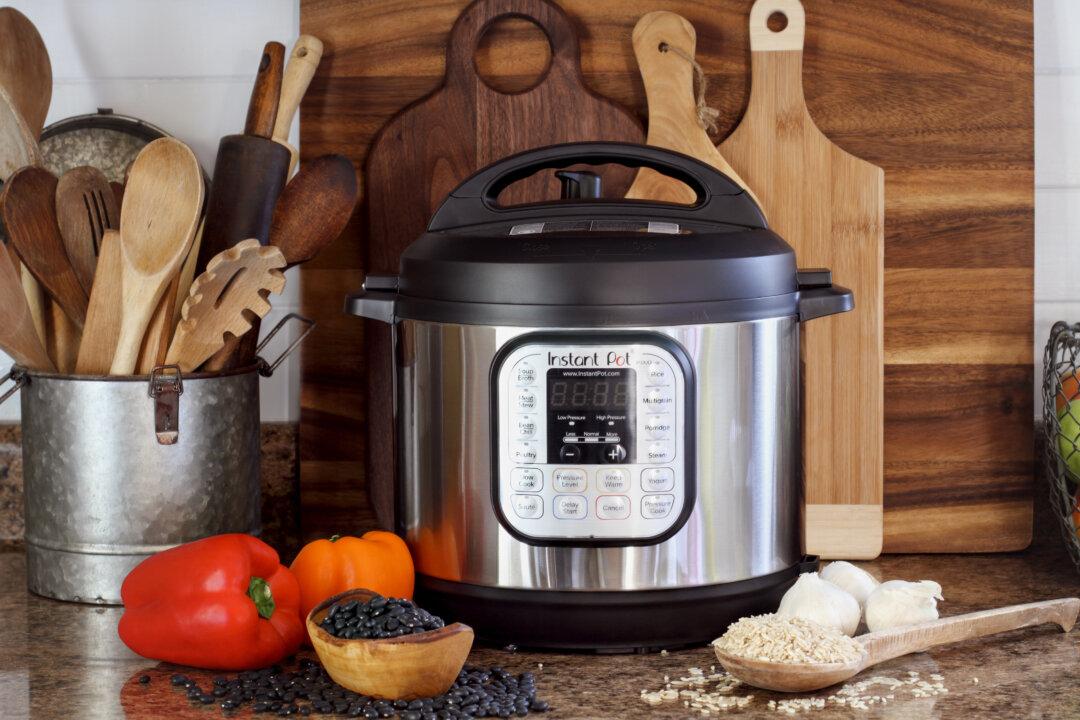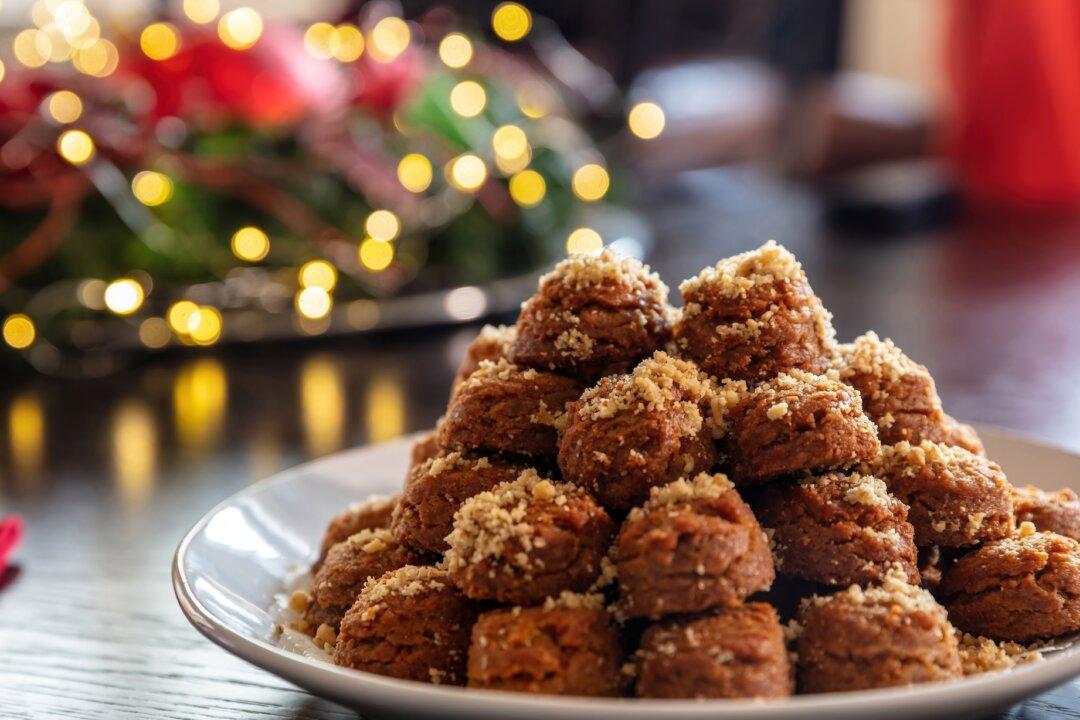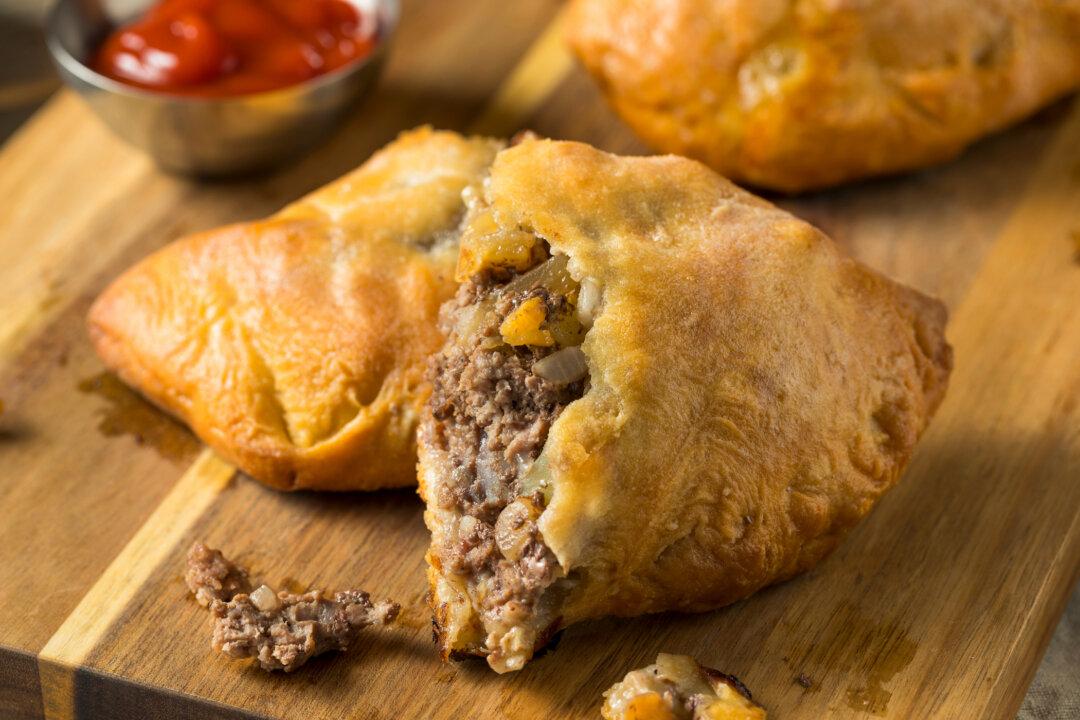The What and Why of Composting
When you go for a walk, whether it’s in the woods or along a public trail in mid-city, the surrounding ground appears in your peripheral vision. You see leaves pile up in the fall, swirling about you as they fall from the trees, and wedging themselves among broken-down tree limbs that are scattered about. All this will decay and become part of a timeless system of breakdown and rebirth. But the system is not for the impatient. The process takes a thousand years or so just to make about an inch of composted soil.You don’t have a thousand years, though, so I’m here to tell you how to speed up this natural process while yielding similar results.
What Is Composting?
Composting is the decomposition of organic matter into a nutrient-rich soil amendment. Finished compost is an earthy humusrich material that helps soil retain nutrients and moisture to improve plant growth.
Anything that can decompose is a biodegradable material. Biodegradable materials include wood chips, twigs, straw, paper, leaves, manure, fruits, and vegetables. Some less common materials are dryer lint, kelp, junk mail, and old cotton clothes. All of these materials can be composted at home.
Why Should I Compost?

Food scraps make up one-third of a typical household’s trash. When food scraps are sent to the landfill, they take up limited space and contribute to increased production of methane and toxic leachate. According to Highfields, a center for composting research and education, if all the food scraps in Vermont—where I live and compost—were composted instead of being sent to the landfill, it would offset the same amount of carbon as not burning twelve million gallons of gasoline a year! By composting organic waste, we close the loop on our food system. The valuable nutrients in our food scraps are used to regenerate soil and grow more food.
Before You Begin: A Few Tips
As we begin the process of learning how to compost, it is important to remember and understand that compost is not a fertilizer! Although it contains many plant-available nutrients, compost is primarily a soil-conditioning amendment.
Apply compost when you are preparing your garden soil in the spring, or when you are putting your garden to bed in the fall. Compost is typically applied to gardens annually—a thin layer (1/2”–2” thick) can be spread on the garden and worked into the soil.
A black plastic composter is a good way to get started composting. Then once you have your composting routine established, you’ll better know your needs and be able to customize your personal compost system.
Black plastic compost bins and tumblers are great for collecting and containing kitchen scraps, and they are good at keeping smells and critters away, to some extent, but they’re not so good at producing finished compost. The types of things you can put in them are limited.
A black plastic composter is a finicky eater. It is built to digest kitchen scraps with some dead leaves or maybe a bit of hay for balance. Throw in a shovelful of dirt occasionally to add microorganisms.
Since the diet of a black plastic composter is somewhat restricted, you can collect many of the things you would otherwise throw into a compost bin and take them to the composting program at your landfill: paper napkins, paper towels, and pizza boxes. Because orange peels and grapefruit rinds and eggshells take a long time to decompose in a composter, you can also take those.
For potted plants, mix compost into your potting media at roughly 25 percent by volume. For seasonal maintenance, “topdress” potted plants with a thin layer of compost.

Testing your soil for nutrient deficiencies and your compost for nutrient content will give you more precise information about how to improve your specific soil conditions. Using compost together with cover crops and organic fertilizers is a sustainable way to maintain your soil’s fertility.
By taking the first step to begin composting your food scraps and your garden debris, you are on your way to reaping the finished product, which is a mixture of decomposed organic matter rich in nutrients and perfect for adding back to your own garden soil or donating to a community garden.
Composting is really quite simple.To activate the billions of microbes that are alive and thriving in such things as food scraps and garden waste and a vital part of the process of decomposition, build them a structure in which they can creep and crawl into your compost pile. Inside the structure will be not only the food scraps and garden wastes, but also brown debris, like leaves and sticks. Just make sure that there’s plenty of air and moisture in the pile. Sounds simple, right? It really is.
Why Is Composting Important?
Once you decide to begin composting, you will begin to nurture and improve your home environment. You are preserving the Earth and making your landfill load much lighter—maybe even eliminating it altogether! You will have fewer runs to the dump, and more money to spend on beautiful shrubs or supplies from the garden center.
- It’s natural
Composting works with nature by using recycled yard waste and kitchen scraps and breaking them down using microorganisms and earthworms.
Good for the Soil
Composting will return beneficial nutrients like nitrogen, potassium, phosphorus, and many other minerals back into the soil to be released over a few years to improve the overall health of the plants or garden.
Good for the Spirit
By composting you are improving the natural environment where you live, and you may gain some friends in the process: like neighbors, for instance, who might be curious about what you are doing, or your fellow community gardeners, who might want to share ideas that may lead to, well, friendship.
- A Great Way to Save Money
Composting will decrease the amount of household waste sent to the landfill, as much as 35 percent in some cases! The fact that there will be less garbage to send out will save money all around. You’ll also see lower water bills when the compost eventually becomes excellent mulch for the garden, because more moisture will be retained. It appears that this form of recycling is a win-win situation!
Last but Not Least
As I mentioned, composting will conserve water, but once it’s used it will also protect the plants by covering up their roots from exposure and when it’s mixed into the soil, it will add drainage and create more beneficial places in which to plant. It will reduce the risk of soil disease as well and help keep weeds from growing in your garden.
The Colors of Compost

An active compost pile has a mixture of high nitrogen, moist materials called “greens,” and drier, carbon-rich materials called “browns.”
Greens include: Food scraps (such as fruit and vegetable peels, coffee grounds, tea bags, and prepared foods), fresh grass clippings, fresh weeds and manures. “Green” refers not to color but to composting potential.
Browns include: Dry weeds, straw, fallen leaves, shredded paper, sawdust, and wood chips.
How Does Composting Benefit Plants?
Without decomposers such as bacteria, fungi, worms, ants, beetles, and mites, decomposition would stop and resources that sustain life would be depleted. A seemingly endless variety of decomposers all serve different functions in the decomposition process.
As compost breaks down in the soil, it provides the fertilizing nutrients of nitrogen, phosphorus, and potassium in forms that are readily available to plants. Unlike most inorganic fertilizers, compost functions as a slow-release store of nutrients, so that the nutrients are available as the plants require them instead of in one intense flush. Compost also provides a wide range of important micronutrients not found in commercial fertilizers.
Added to sandy soils, the organic matter in compost increases the soil’s water-holding ability so that both rain and irrigation water are held in the root zone for plant use. This can significantly lower the irrigation requirements in the orchard industry and other applications where water use is restricted or prohibitively expensive. Compost lightens heavy (high-clay) soils, allowing better infiltration of both air and water into the root zone. This improves plant health and helps to prevent sealing of the soil surface caused by water pooling. Organic matter functions like a sponge, enabling soil to retain nutrients and moisture in the root zone. Inorganic fertilizer nutrients as well as those released by the compost itself are kept from leaching down into ground water. Soil structure is improved, allowing effective drainage, extensive root growth, and soil aggregate stabilization, so that soil is less subject to erosion by either water or wind. Earthworm activity is encouraged, further enhancing soil fertility.
How Does Composting Benefit You?

You can help your children learn about the benefits of composting by asking them to look through their lunches and think of ways to reduce the amount of garbage—this simple activity helps them find their own way of helping the earth. Children will also have the opportunity to learn what natural resources were consumed to make this waste. Other benefits include:
- Less Smelly Trash—Reduces Odor Problems
Many new composting individuals, families, schools or businesses find that composting drastically reduces odor problems associated with their trash.
- Reduce Trash Collection Costs
By weight, food scraps can be 50 percent or more of a food service business’s waste stream. Participating in a composting program reduces the weight of your trash, which could result in reduction in your trash disposal costs.
- Introduce the Reduce, Reuse, Recycle Hierarchy
Reducing the amount of packaging is best. Reusing a package is second best. Recycling/composting comes in third, with landfilling as a last resort.
Composting Benefits for the Planet
We use materials from the Earth every day for everything we do. We eat food, drink from aluminum cans or glass bottles, live in wooden houses, wear clothing made from cotton or synthetic fibers, and use many plastic appliances. Some of these materials, such as metals and plastics, are non-biodegradable. These materials do not decompose, although many of them can be recycled. Biodegradable materials decay; examples include wood, food scraps, paper, and grass clippings. Anything that is biodegradable can be composted.
Dede Cummings is a writer, book designer, and publisher. She is a published author of nonfiction health and lifestyle titles including: “Living With Crohn’s & Colitis: A Comprehensive Naturopathic Guide for Complete Digestive Wellness,” “The Crohn’s and Colitis Cookbook,” “Cooking Well With IBS,” “Questions for The Dalai Lama: Answers on Love, Success, Happiness, and the Meaning of Life,” “The Medicinal Gardening Handbook,” “The Good Living Guide to Beekeeping,” and “Healing Herbs.” Dede lives in Brattleboro, Vermont where she designs books and runs Green Writers Press. She enjoys gardening, reading, riding her bike, backcountry skiing, and hiking.





